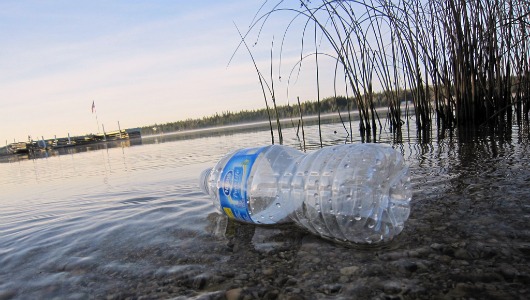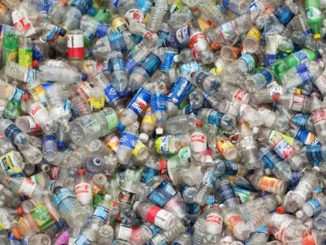
Province Charging New Water Bottling Fee to Better Protect Water for Future Generations
As part of the province’s plan to strengthen groundwater protection for future generations, Ontario will be charging water bottling companies an additional $500 fee to take groundwater.
Beginning Aug. 1, 2017, water bottlers will pay $503.71 for every million litres of groundwater taken. The new fee will help recover costs associated with managing groundwater taken by water bottlers, including supporting scientific research on the environmental impacts as well as enhanced data analysis on groundwater taken for water bottling.
This additional fee is a key part of Ontario’s strong protections for groundwater, which also include:
- Placing a moratorium on all new and expanded permits to take water from groundwater sources for water bottling
- Introducing new, stricter rules for renewals of existing bottled water permits
- Undertaking further research to ensure long-term water protection, including considering the impacts of climate change and future demand on water sources
- Engaging Indigenous partners, communities and industry on changes to water quantity management practices.
Protecting Ontario’s groundwater sources for future generations is part of our plan to create jobs, grow our economy and help people in their everyday lives.
Quick Facts
- Ontario finalized a two-year moratorium on new and expanded water takings by bottling companies on Dec. 16, 2016, where more than 20,000 public comments were received. The moratorium will remain in effect until Jan. 1, 2019.
- In Ontario, water bottling facilities must apply for permits to take water from groundwater sources if the facility takes more than 50,000 litres of water on any day.
- Ontario’s drinking water is among the best protected in the world.
- Bottled water produces about 180 times the greenhouse gas emissions of tap water due to the use of plastic and fossil fuels used for transportation.




Leave a Reply